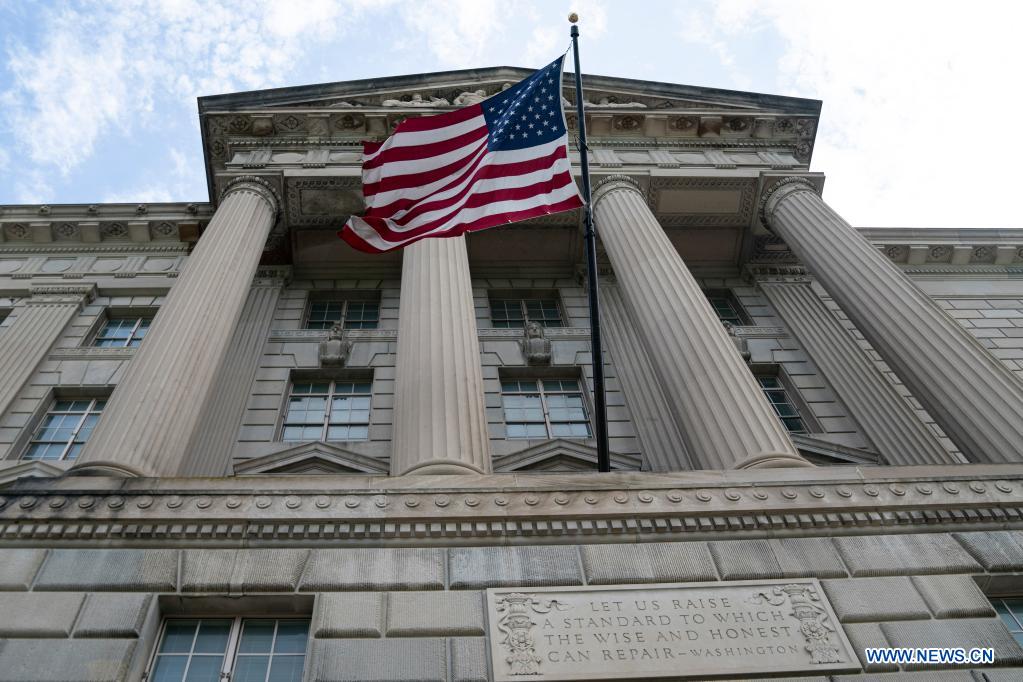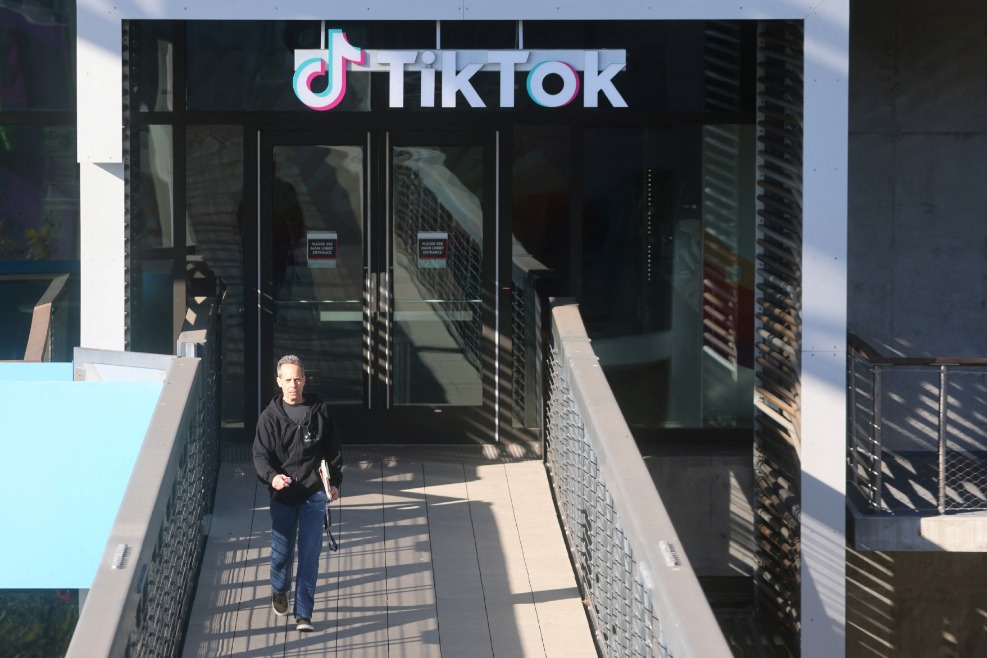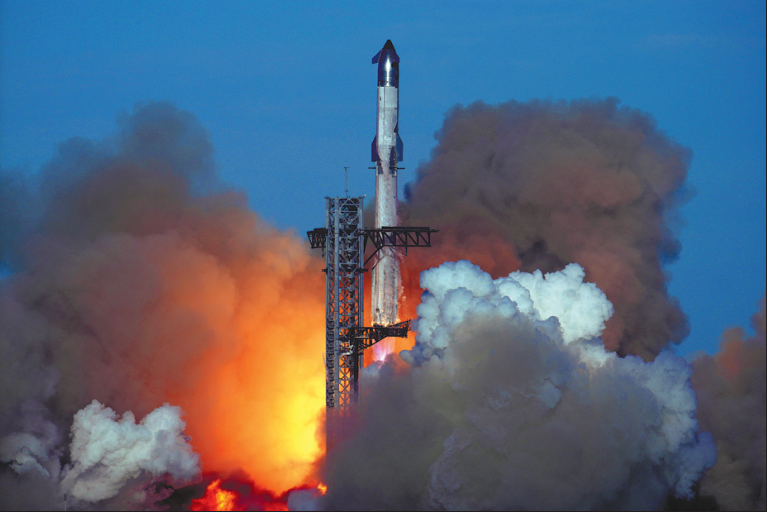US economy grows at annualized 6.4% in Q1 amid vaccine rollout, fiscal support


The two major spending proposals, which came on top of a 1.9-trillion-dollar COVID-19 relief package rolled out in March, could lead to an overheated economy, ballooning federal debt and rising interest rates, economists have warned.
Former US treasury secretary Larry Summers recently repeated his inflation fears, warning that massive fiscal support could push up inflationary pressures, and risks nowadays resemble those seen in the 1970s.
US Federal Reserve Chairman Jerome Powell reiterated on Wednesday that if inflation picks up in a more sustained way, the Fed will be prepared to use its tools to deal with it.
After a two-day policy meeting, the Fed on Wednesday pledged to keep its benchmark interest rates unchanged at the record-low level of near zero, while continuing its asset purchase program at least at the current pace of $120 billion per month until the economic recovery makes "substantial further progress."
Powell noted that the US economic recovery "remains uneven and far from complete," while it has progressed more quickly than generally expected.
Jason Furman, former chairman of the Council on Economic Advisers and a senior fellow at Peterson Institute for International Economics, laid out "two bad scenarios" that worry him.
The first is "overheating" if supply does not fully return but demand more than fully returns, Furman said on Twitter Thursday afternoon.
The second, he continued, is "we get back to trend output but not trend employment because wages are higher but fewer people hired and those that are more productivity."
































